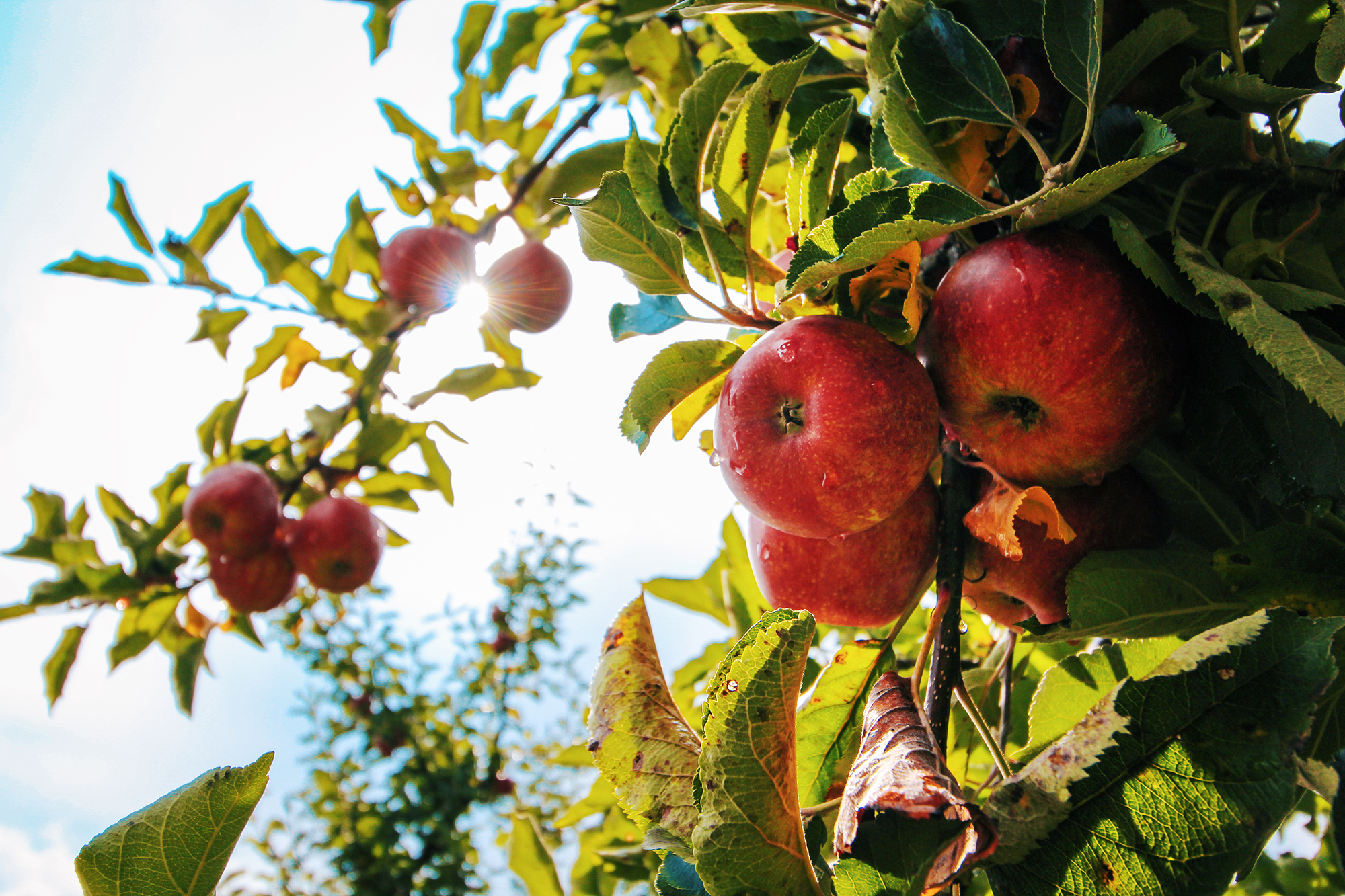While we’re going through this pandemic, it is important to know what we can do to keep healthy and eat in order to maintain a good immune system.
- ZINC
It is an essential mineral for DNA synthesis and cell proliferation, and for this reason, highly proliferating cells like immune cells are dependent on an adequate supply of Zinc. Several studies have found that fewer than half of the elderly population in the UK are at risk of Zinc deficiency. The problem is as we age, our bodies struggle to absorb such a mineral says, Dr Walding.
Research suggests that, especially for older people, maintaining an adequate Zinc status may be of particular importance for preventing pneumonia and other infections. In a study of older adults in nursing homes, those who take regular serum Zinc had a lower chance of catching pneumonia and half as many antibiotic prescriptions compared to those with low serum Zinc. Here are some samples of foods that contain Zinc; avocado, chickpeas, almonds, Mushrooms, spinach, Lamb, and pumpkin seeds.
- VITAMIN C
Everyone’s known and essential vitamin. Vitamin C acts as an antioxidant. Antioxidants help fight free radicals, a type of unstable molecule known to damage the immune system. Antioxidants are molecules that boost the immune system. When free radicals accumulate, they can promote a state known as oxidant stress, which has been linked to many chronic diseases.
Studies show that consuming more vitamin C can increase your blood antioxidant levels by up to 30%. This helps the body’s natural defences fight inflammation. Vitamin C Also helps encourage the production of white blood cells known as lymphocytes which help protect the body against infection.
A review published in the Annals of Nutrition & Metabolism showed that getting enough vitamin C may help reduce symptoms and shorten the duration of respiratory tract infections. Plus vitamin C may also help decrease the occurrence of other conditions like pneumonia, malaria and diarrhoea as well.
Because vitamin C is an essential part of the skin’s defence system, it is actively brought up to the skin, where it can act as an antioxidant and help strengthen the skin’s barriers against viral pathogens and harmful toxins.
There are plenty of foods high in vitamin C, while also making it super easy and delicious to get in your daily dose. Fruits and vegetables, in particular, are excellent ways to boost your intake. Here are some samples recommended foods to increase your vitamin C intake; kiwi fruit, oranges, strawberries, broccoli, brussels sprouts, apples, blueberries, tomatoes, letters, garlic, peppers, and bananas.
- VITAMIN E
Very much like vitamin C, vitamin E is a powerful antioxidant. Research suggests maintaining ample levels of vitamin E is crucial for maintaining a healthy immune system, especially among older people. Certain isomers of vitamin E have powerful antioxidant abilities that have the power to reduce free radical damage to fight inflammation, and therefore, can increase immunity and naturally reduce the ageing in your cells and fight off health issues.
According to the USDA, the recommended daily allowance for collective vitamin E is 15 milligrams for adults. Here are some of the recommended foods that include vitamin E; almonds, sunflower seeds, hazelnuts, mango, avocado, butternut squash, broccoli, eggs, spinach and olives.
- OMEGA-3 FATTY ACIDS
When it comes to omega-3 benefits, there are rarely nutrients that pack this many positive health outcomes into one compound. The most commonly known benefit of omega-3s is that it can reduce the risk of heart disease, but that’s not the only research-backed plus of adding more omega-3s to our diet. According to research, omega-3s fatty acids may also help to boost the immune system by enhancing the functioning of immune cells. Researchers from Michigan State University and East Carolina University found that omega-3s fatty acids boosted the activity of a white cell called a B cell, a vital part of the body’s immune response.
Notably, omega-3s fatty acids can also reduce the production of molecules and substances linked to inflammation. Here are some recommended foods you can eat that contact omega-3s; salmon, Atlantic mackerel, fish, eggs, avocado, almonds, walnuts, chia seeds, herring, Alaskan salmon, flaxseeds.
- COLLAGEN
Collagen is the most abundant protein in our bodies, primarily type I and type III collagen. It is found in our muscles, bones, skin, blood vessels, digestive system, and tendons. Collagen benefits are so striking because this protein is what helps give our skin strength and elasticity, along with replacing dead skin cells.
When it comes to our joints and tendons, in simplest terms, it’s the glue that helps hold the body together. Interestingly, researchers are now starting to uncover the profound impact collagen can have on immunity. Collagen also directly supports our body’s immunity powerhouse, our digestive tract. Nearly 80% of your immune system is housed in our gut. Therefore when gut health is less than optimal, toxins and infections can pass through our intestinal wall and into our bloodstream, causing inflammation. Over time this chronic inflammation can lead to autoimmunity, making us more susceptible to illness.
Because the amino acids in collagen build the tissues that line the colon and GI tract, collagen can help prevent toxic seepage and related issues-like malabsorption of nutrients, autoimmunity, and more. The amino acids in collagen quite literally, seal the leak or perforations by supporting cellular health, tissue growth, and proper immune function starting in our gut.
For those who don’t find collagen-rich foods appealing, then they may want to consider taking a collagen supplement that contains type I & III fibres. Some foods that contain collagen are; peppers, lemons, eggs, carrots, kiwi, prawns, mushrooms, broccoli, blueberries, cherries, fish.
I hope you found this blog interesting. Please do continue to follow my blogs. Leave a comment and give me your thoughts on whether these blogs have provided a positive impact on your life. And as always, please like and share. Stay safe! Nelly.


